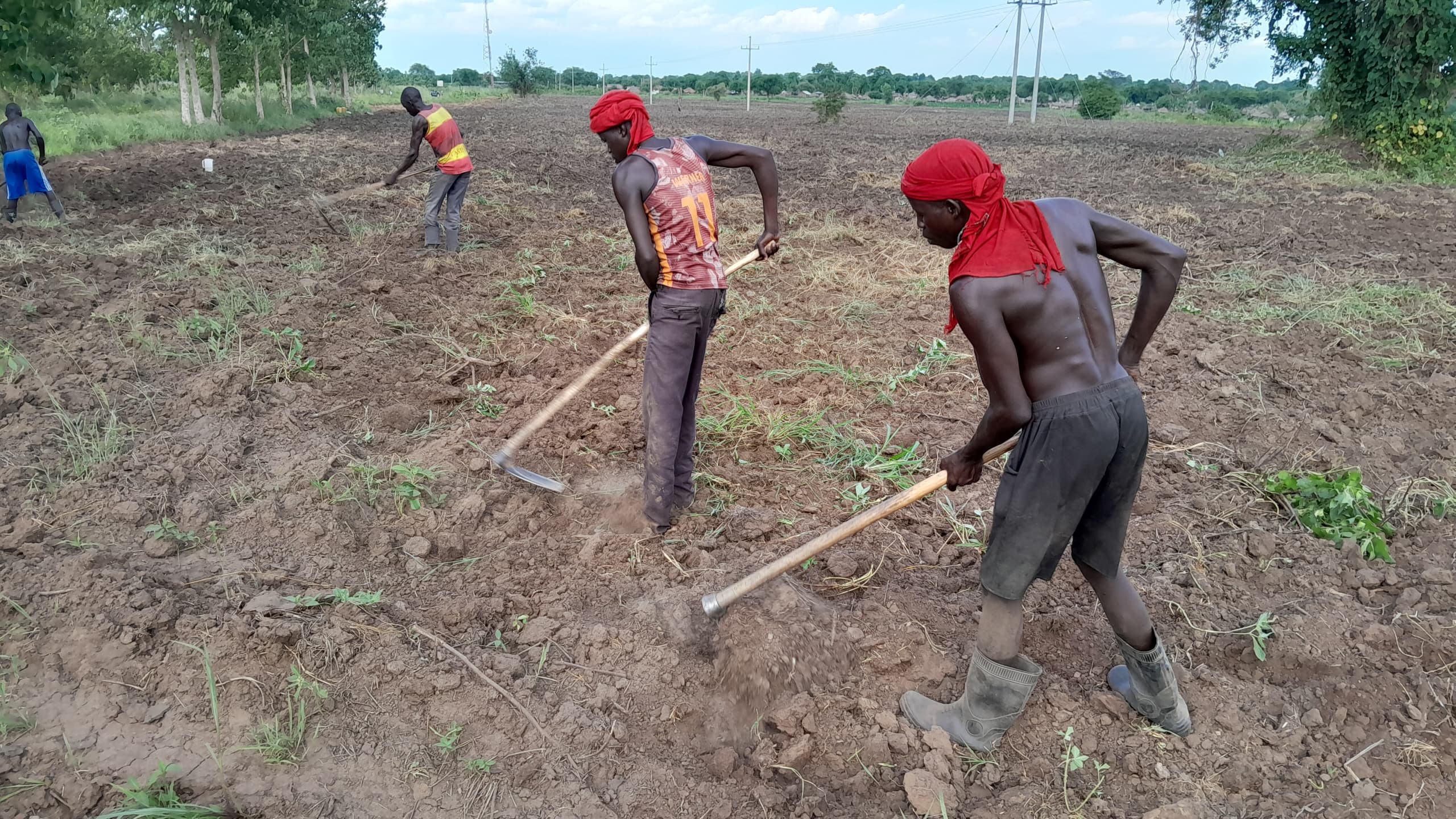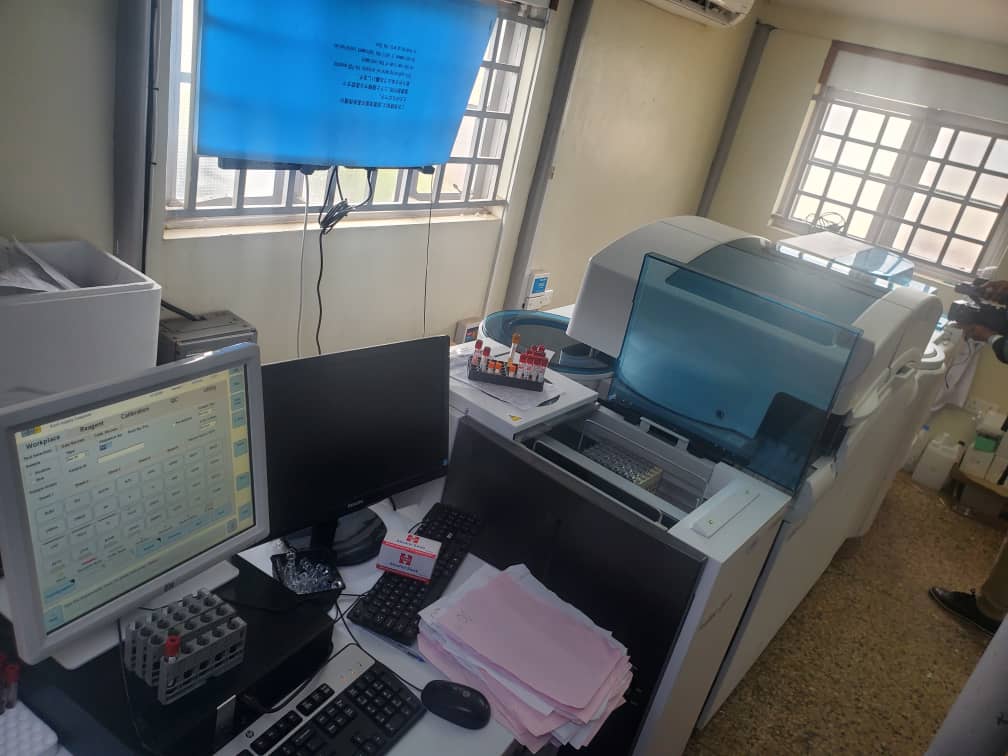World Health Organization Calls for Global Action to Address Asthma Burden

Asthma, a chronic lung disease affecting millions worldwide, remains a significant public health challenge, according to the World Health Organization (WHO). With symptoms ranging from coughing and wheezing to shortness of breath and chest tightness, asthma poses a serious threat to both children and adults.
WHO estimates that asthma affected approximately 262 million people in 2019, resulting in 455,000 deaths. Despite advancements in treatment, asthma remains under-diagnosed and under-treated, particularly in low- and middle-income countries.
Keep Reading
Dr. Tedros Adhanom Ghebreyesus, Director-General of WHO, emphasized the need for improved diagnosis, treatment, and monitoring of asthma to reduce the global burden of non-communicable diseases (NCDs). "Asthma is a major NCD that requires urgent attention," he stated.
Key factors contributing to the prevalence of asthma include inflammation and muscle tightening around the airways, which make breathing difficult. While inhaled medication can help control symptoms, access to inhalers remains a challenge in many countries.
"Access to essential asthma medications is a fundamental aspect of asthma management," noted Dr. Maria Neira, Director of the Department of Environment, Climate Change and Health at WHO. "We must ensure that all individuals, regardless of their socioeconomic status, have access to life-saving treatments."
In addition to medication, avoiding asthma triggers, such as dust, smoke, and pollen, can help reduce symptoms. WHO emphasizes the importance of raising awareness and dispelling myths surrounding asthma, particularly in communities where stigma may hinder treatment-seeking behaviour.
To address the global asthma burden, WHO is implementing various initiatives, including the WHO Global Action Plan for the Prevention and Control of NCDs and the United Nations 2030 Agenda for Sustainable Development. These efforts aim to extend diagnosis and treatment for asthma, particularly in low-resource settings.
Furthermore, WHO collaborates with partners through initiatives like the Global Alliance against Chronic Respiratory Diseases (GARD) to prevent and control chronic respiratory conditions. GARD brings together national and international organizations to advocate for improved respiratory health worldwide.
As the world continues to grapple with the challenges of asthma, WHO underscores the importance of prioritizing asthma management as part of comprehensive healthcare strategies, ultimately striving for universal health coverage and improved quality of life for individuals living with asthma.















